Berkman Klein Center Announces 2016-2017 Community

We are thrilled to announce the people who will join our community at the Berkman Klein Center for Internet & Society at Harvard University as fellows, faculty associates, and affiliates for the 2016-2017 academic year.
“What better way to embark on our new beginning as the Berkman Klein Center than to welcome this incredible group of colleagues from different parts of the world, renewing our commitment to collaboration and mutual learning across boundaries,” said the Center’s Executive Director Urs Gasser.
This cohort brings a focus on the human stakes and values within dynamic technologies and systems. “Our fellows bring unprecedentedly diverse backgrounds, along so many dimensions,” Jonathan Zittrain, the co-founder of the Berkman Klein Center. “And each shares a commitment to seeing modern technology developed and applied in the public interest -- whose definition is itself thoughtfully debated.”
The class of fellows will primarily work in Cambridge, Massachusetts, alongside Berkman Klein faculty, students, and staff, as a vibrant community of research and practice. Honoring the networked ethos at the heart of the Center, faculty associates and affiliates from institutions the world over will actively participate as well. These relationships, as well as the countless fruitful engagements with alumni, partners, interns, and other colleagues, are fundamental to the Berkman Klein Center’s work and identity, and serve to increase the capacity of the field and generate opportunities for lasting impact.
The Berkman Klein Center’s Manager of Community Programs Rebecca Tabasky said, “As they spend time together and become invested in each others’ development and successes, our fellows make magic at the intersections of their broad range of expertise, perspectives, methods, and pursuits.”
As written in last year’s report on our fellowship program, we endeavor to “create a protocol, a culture, a spirit that puts the emphasis on being open, being kind, being good listeners, being engaged, being willing to learn from one another.” We are excited to start this next banner year together with the following people who will continue our work as a community in this light.
Joining the community in 2016-2017 as Berkman Klein fellows:
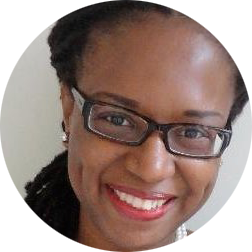 | Ifeoma Ajunwa recently received her Ph.D. at Columbia University and is a law professor at the University of the District of Columbia School of Law. While at the Berkman Klein Center, she will work on her forthcoming book with Cambridge University Press, "The Quantified Worker," among other projects related to privacy and antidiscrimination. website twitter |
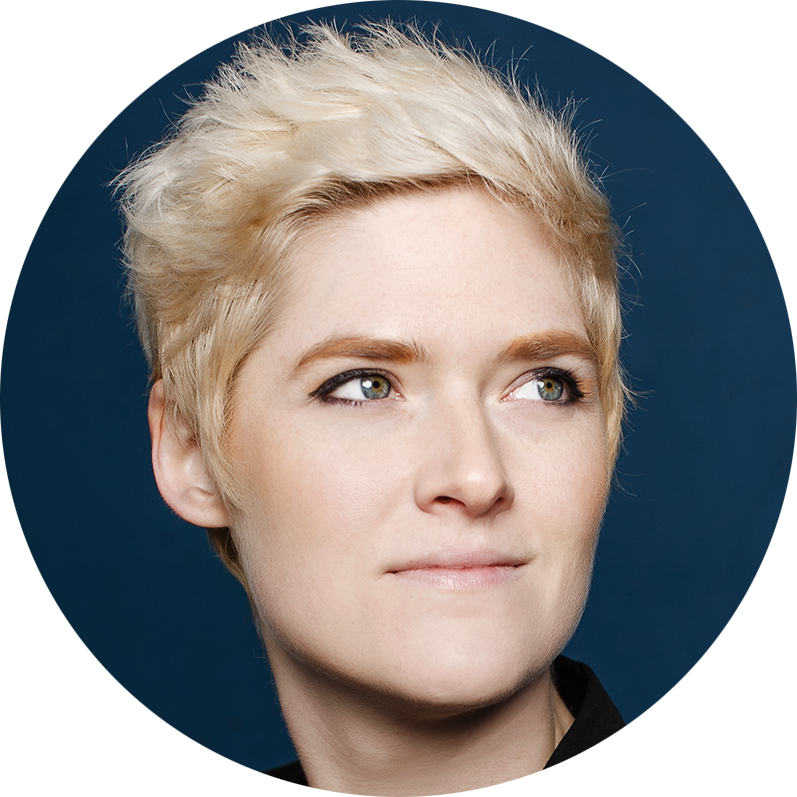 | Amber Case is a cyborg anthropologist, author of “Calm Technology,” and is the former co-founder of Geoloqi and CyborgCamp. Case will focus her research on how the shape of the web can create spaces of depression or creation. website twitter |
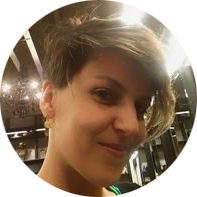 | Yasodara Córdova is an industrial designer, developer, co-founder of the Calango Hackerspace, member of the Coding Rights Collaborative Council, and member of the Open Knowledge Brazil Advisory Council. She will explore the preservation of online non-regulated spaces as windowless rooms for freedom of expression. website twitter |
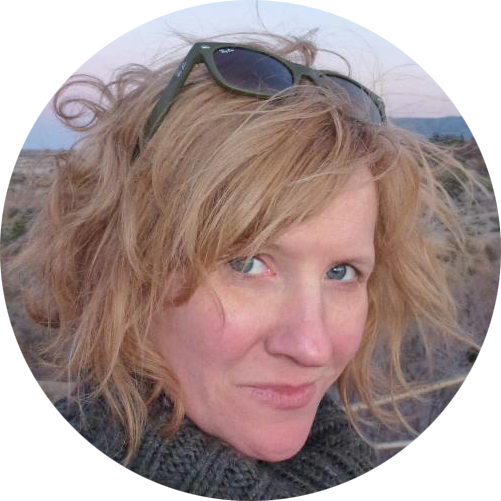 | Kate Coyer is the director of the Civil Society and Technology Project at Central European University's Center for Media, Data and Society in the School of Public Policy. She will research the role of Internet companies in responding to violent extremism online and the impacts on privacy and freedom of expression, and continue her work supporting access to communication for refugees. website twitter |
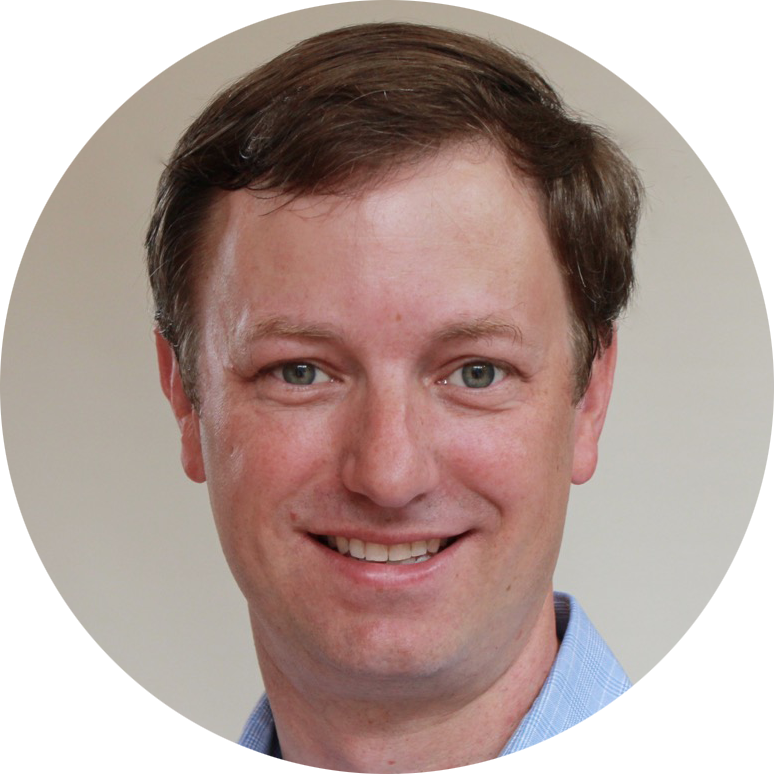 | John DeLong will focus on cybersecurity research from a technology compliance & oversight perspective and will specifically support the Berklett Cybersecurity initiative. website |
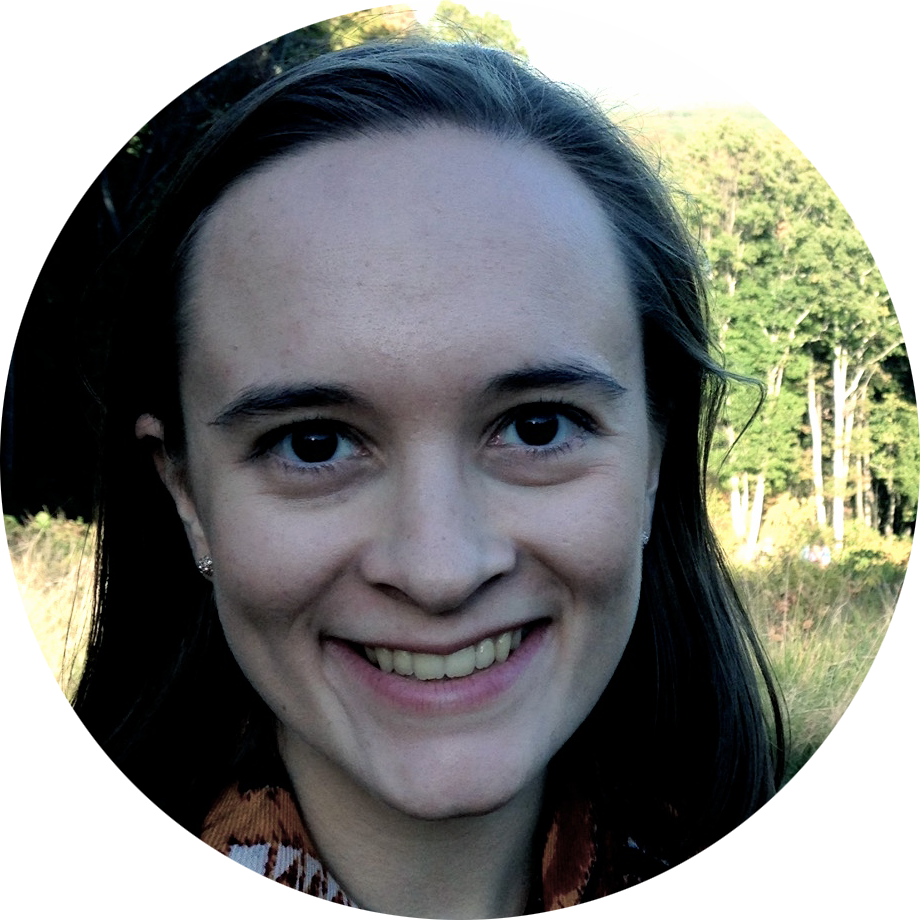 | Mailyn Fidler is a scholar and advocate studying the exercise of power in the Internet society. She focuses on Internet legislation in developing countries, grassroots protests against government surveillance, and international politics and law relating to surveillance technologies and practices. She was a Marshall Scholar and studied international relations at Oxford University. twitter |
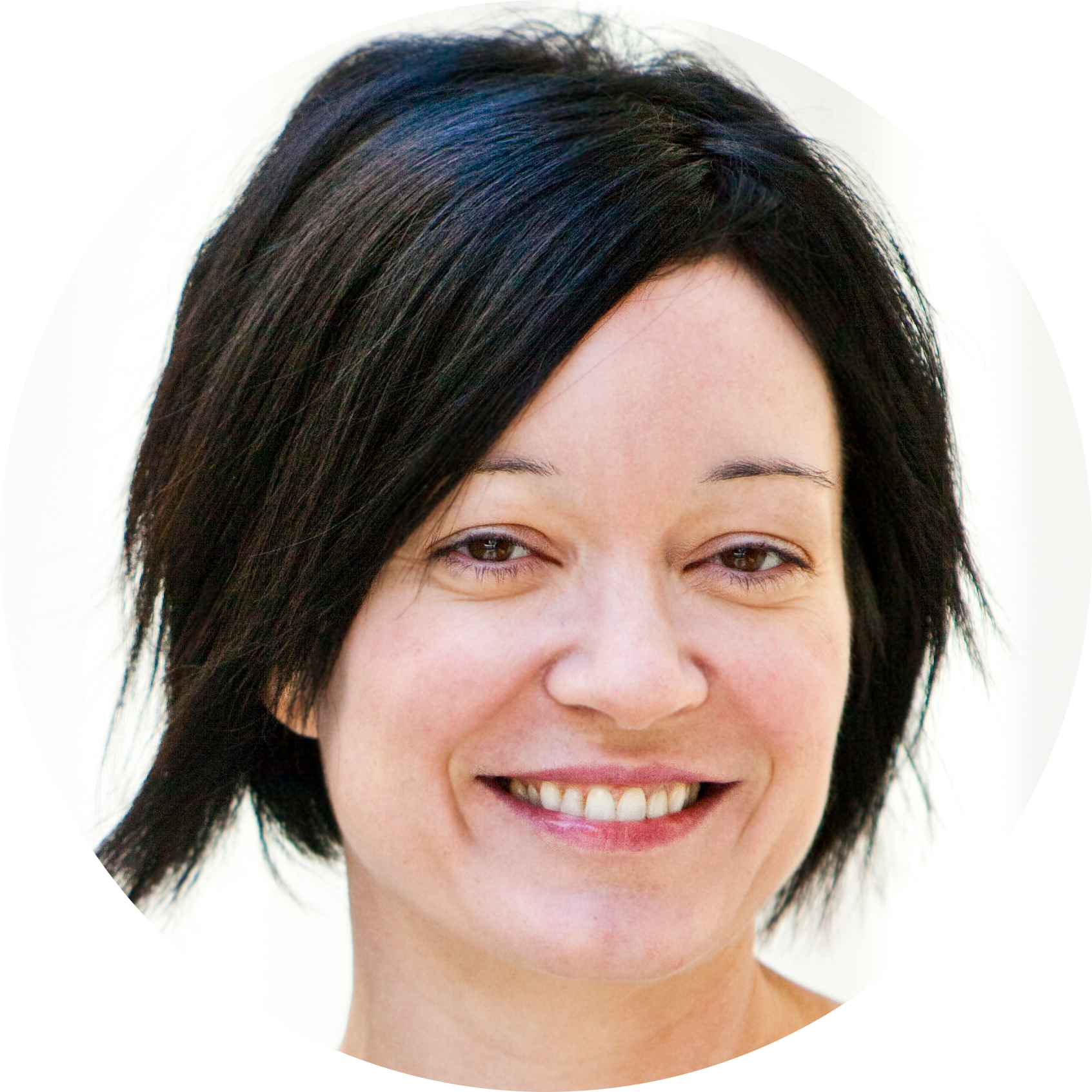 | Sue Gardner is executive-in-residence at Pierre Omidyar's First Look, and is the former longtime executive director of the Wikimedia Foundation. Sue's work with the Berkman Klein Center will focus on sustainability in the nonprofit tech sector, with a particular emphasis on Internet freedom tools and anti-surveillance work. website twitter |
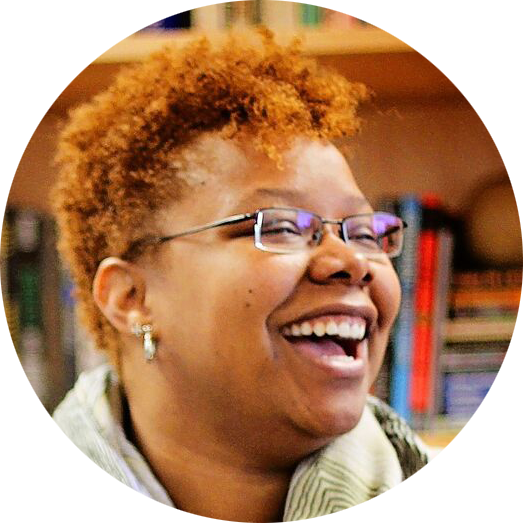 | Kishonna L. Gray is a visiting assistant professor in Women & Gender Studies and Comparative Media Studies/Writing at MIT, and is the founder of the Critical Gaming Lab housed in the School of Justice Studies at Eastern Kentucky University. She will focus on the punishment of Blackness in digital gaming culture, exploring it as a part of a hybrid state racialization that goes beyond mere visual symbols. website twitter |
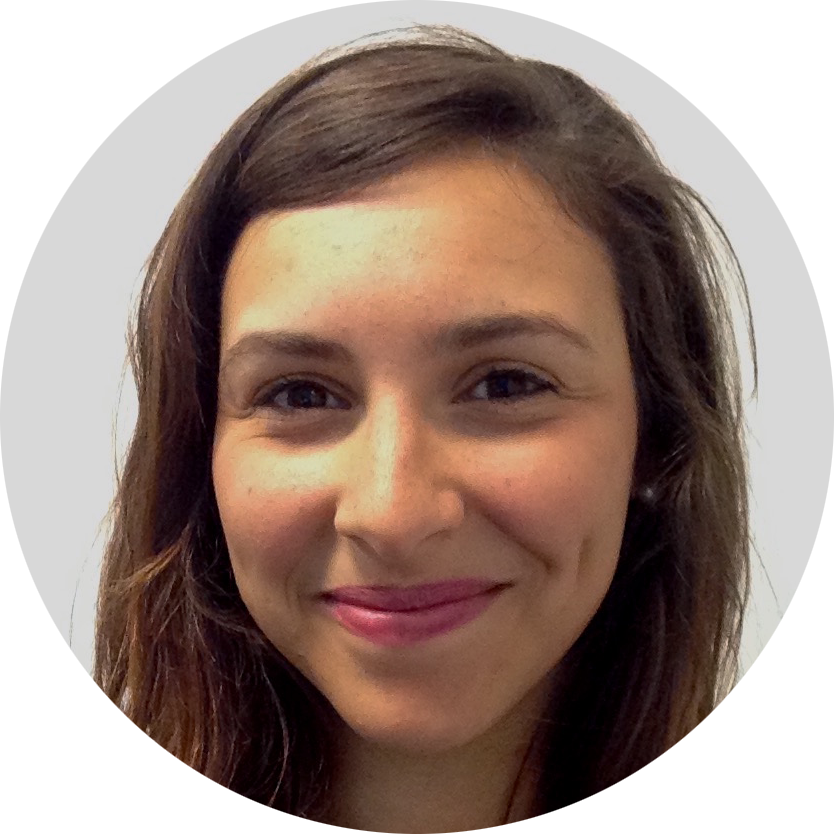 | Natalie Gyenes works at the intersection of health and human rights, and will conduct research with the Berkman Klein Center and the MIT Media Lab Center for Civic Media. She will focus on how digital media portrays and influences issues of global health equity and access, human rights and social norms, and will explore how Media Cloud can be more useful for non-profits and intergovernmental organizations. |
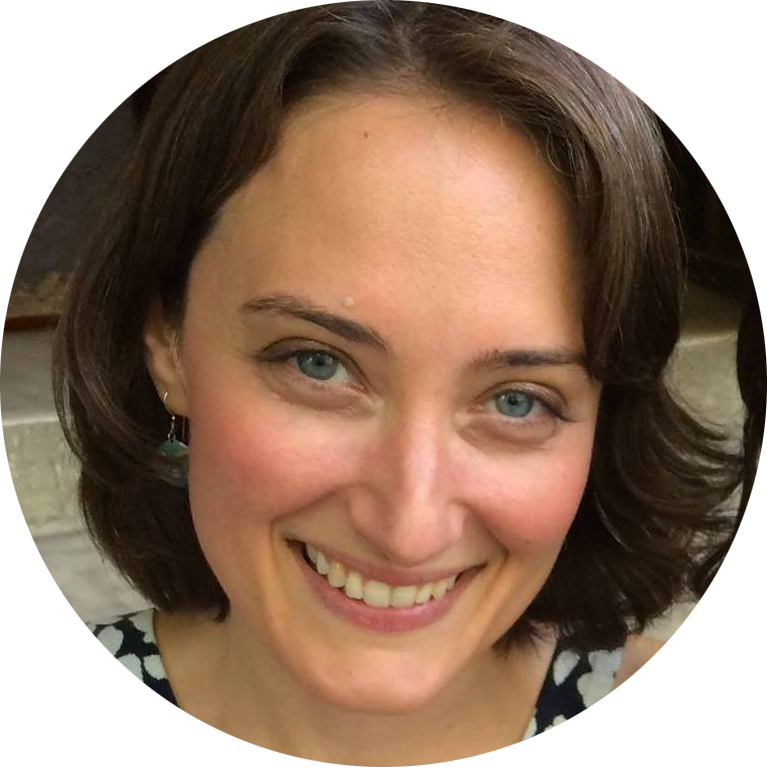 | Elizabeth Hansen is a Ph.D. candidate in Organizational Behavior and Sociology at Harvard Business School and a senior research fellow at the Tow Center for Digital Journalism at Columbia Journalism School. She will explore the re-emergence of podcasting as an open format and growing media industry. website twitter |
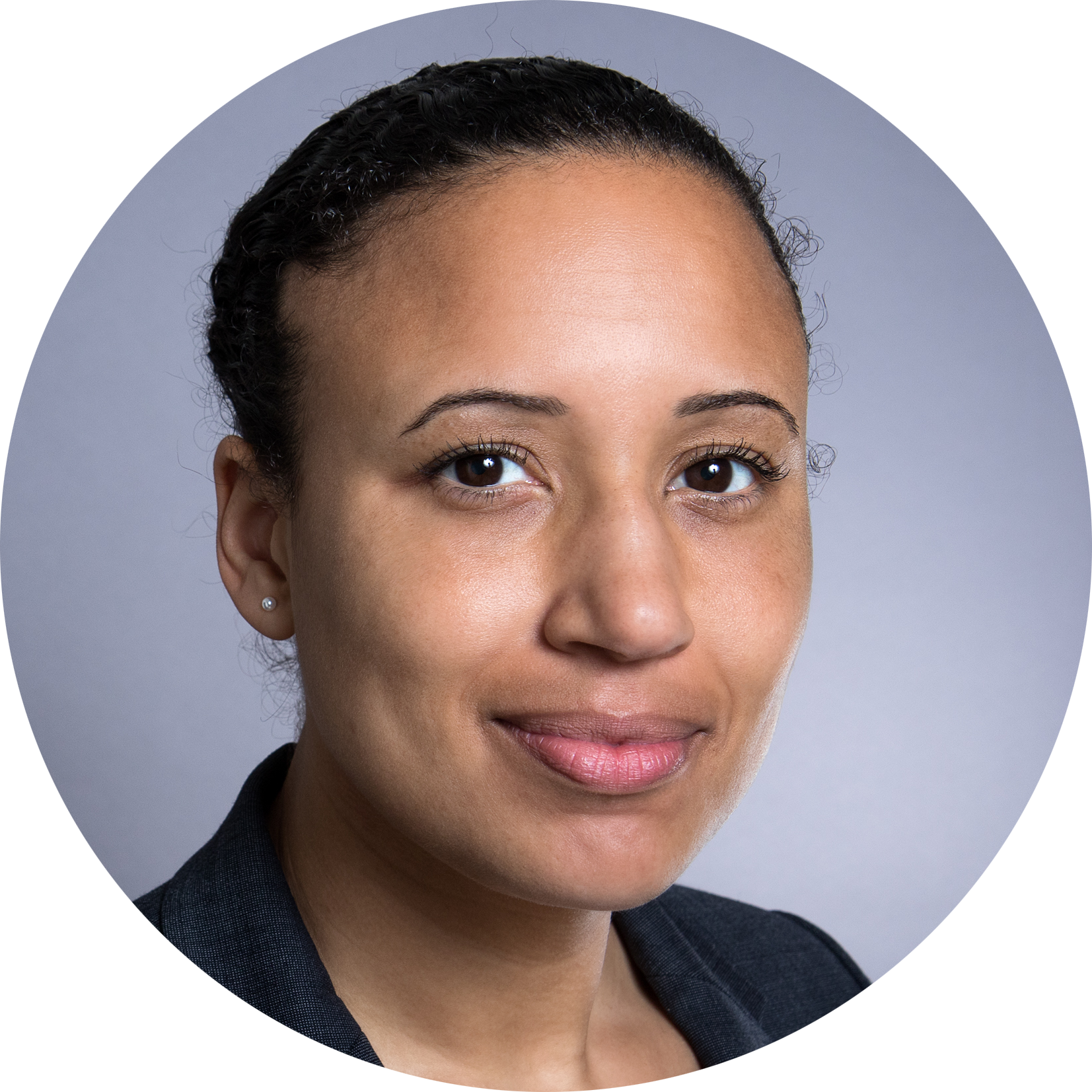 | Nani Jansen is a human rights lawyer specialized in strategic litigation and freedom of expression. She will focus on how multidisciplinary teams can better work together in internet-related litigation efforts. website twitter |
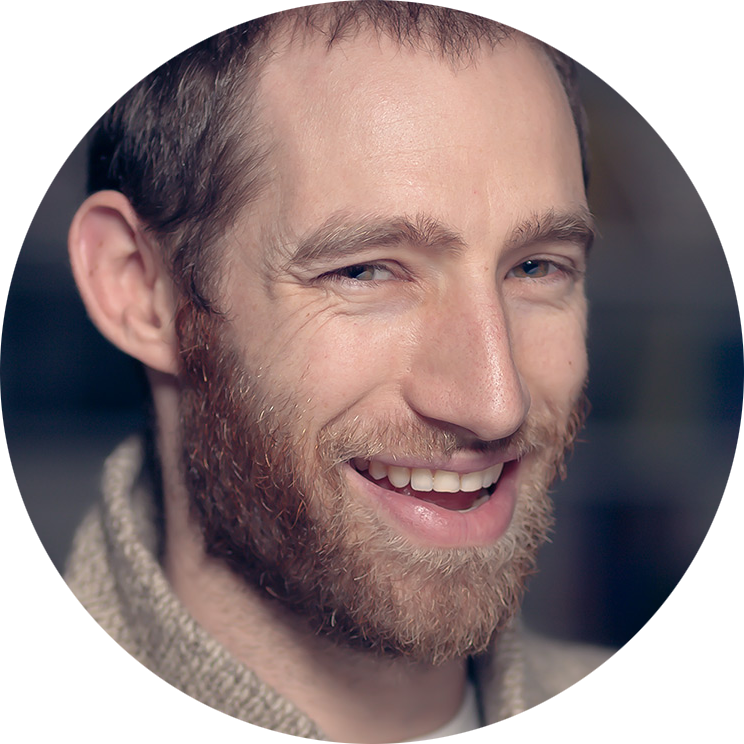 | Dean Jansen is the co-founder of Amara, a project focused on accessibility, inclusion, and modeling a different kind of on-demand economy. Dean will explore, and possibly integrate, shared decision-making models and other practices, from the world of cooperative businesses, into Amara’s crowd-work based business. website |
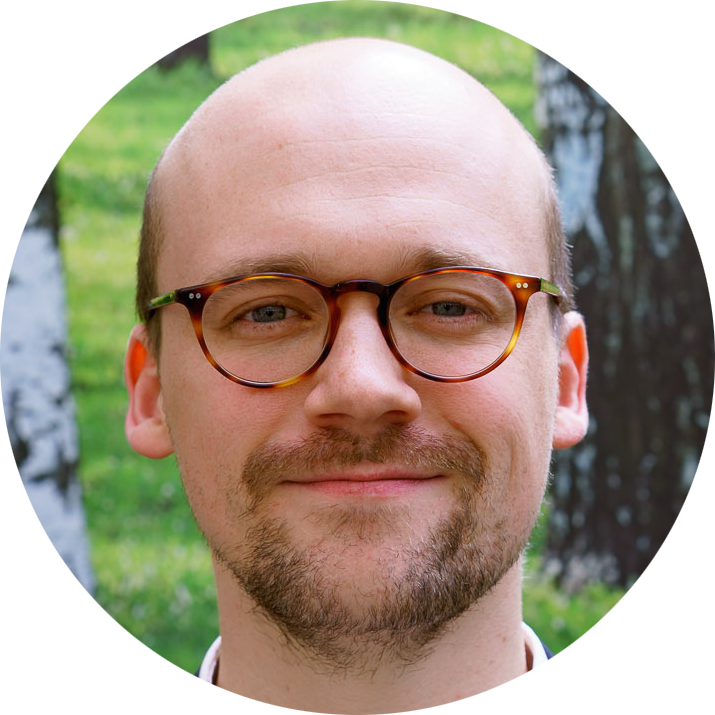 | Jonas Kaiser is an associated researcher at the Chair of Political Communication at Zeppelin University and at Alexander von Humboldt Institute for Internet and Society, and is interested in the networked public sphere, digital methods and political communication. At the Berkman Klein Center he will focus on right-wing populist movements online from a trans-national perspective. website twitter |
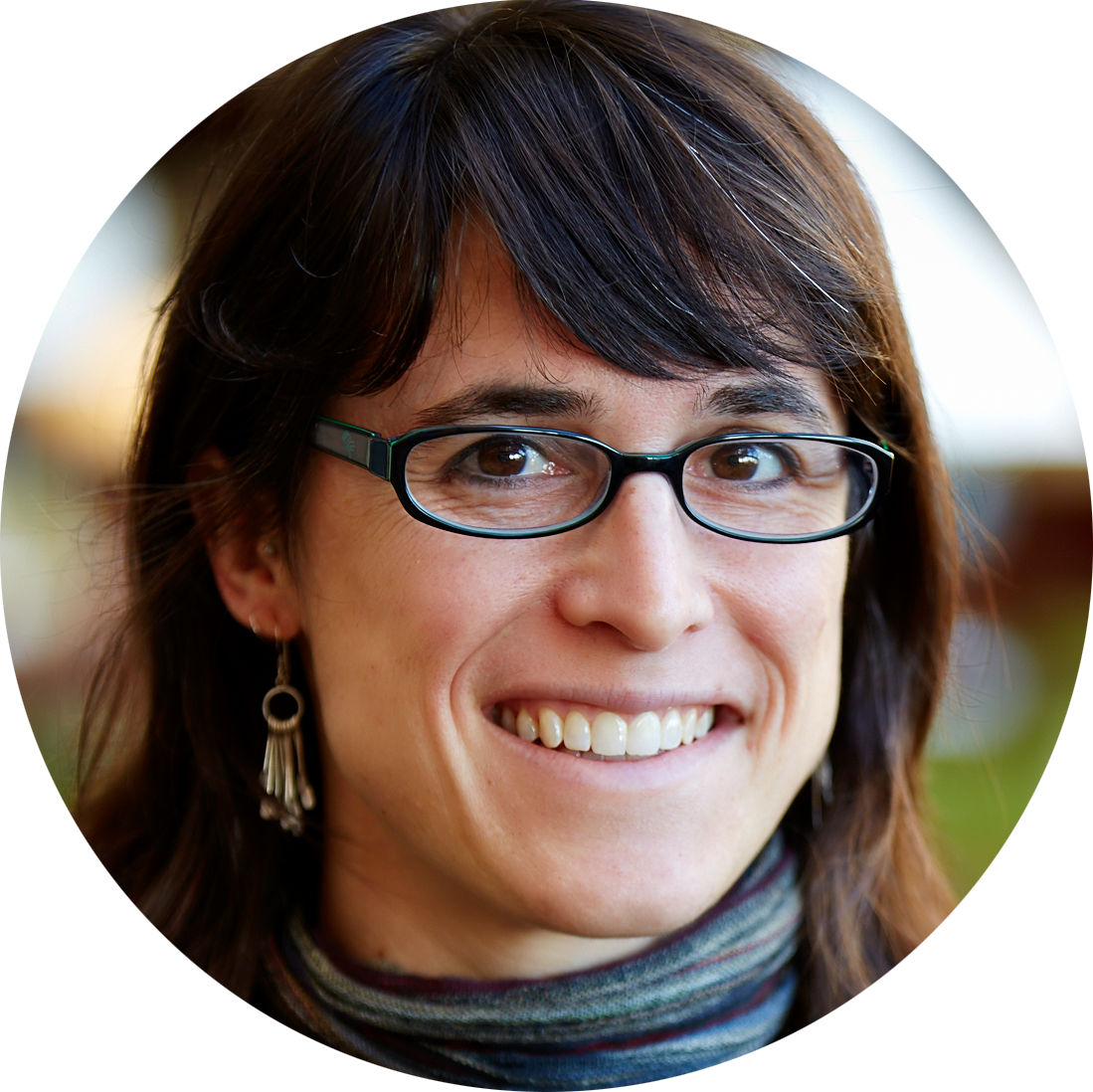 | Rachel Kalmar is a data scientist at the intersection of health and hardware, and holds the world record for number of wearable sensors worn continuously. She will research barriers and enablers to data sharing within and across organizations. website twitter |
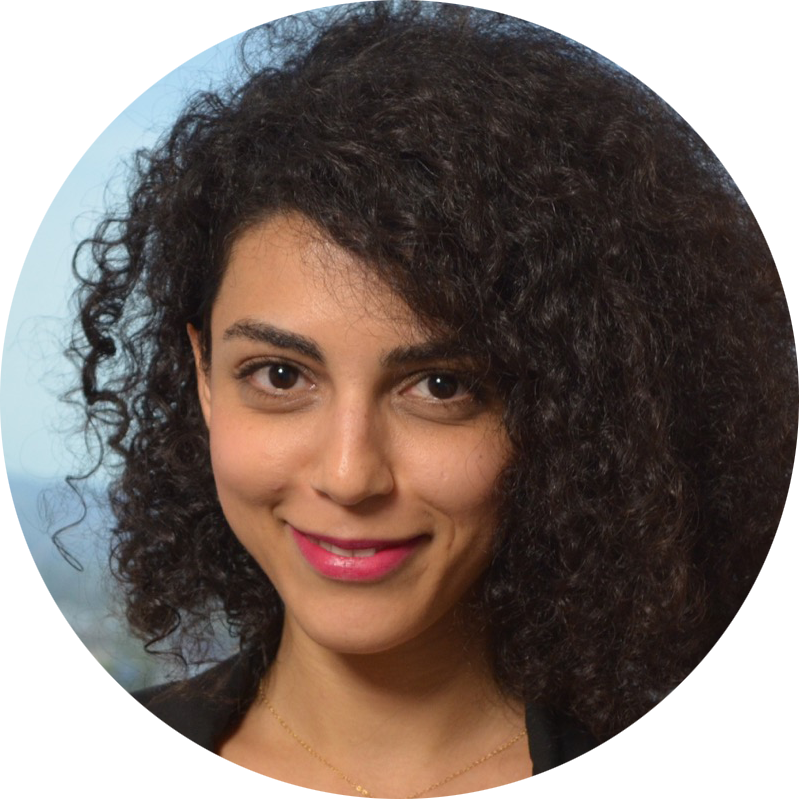 | Simin Kargar is a human rights lawyer with specific focus on media and communication laws and policies in Iran. She will continue her examination of the legal and sociological aspects of new technologies, as well as politics and mechanisms of counteracting online tools and communities. twitter |
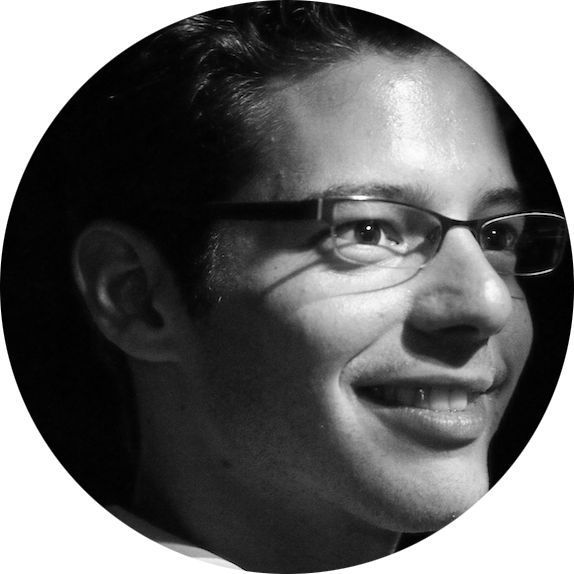 | Yarden Katz, a fellow in Systems Biology at Harvard Medical School, will explore the politics and culture of sharing in biomedical science, and ways of rethinking the biomedical commons. website twitter |
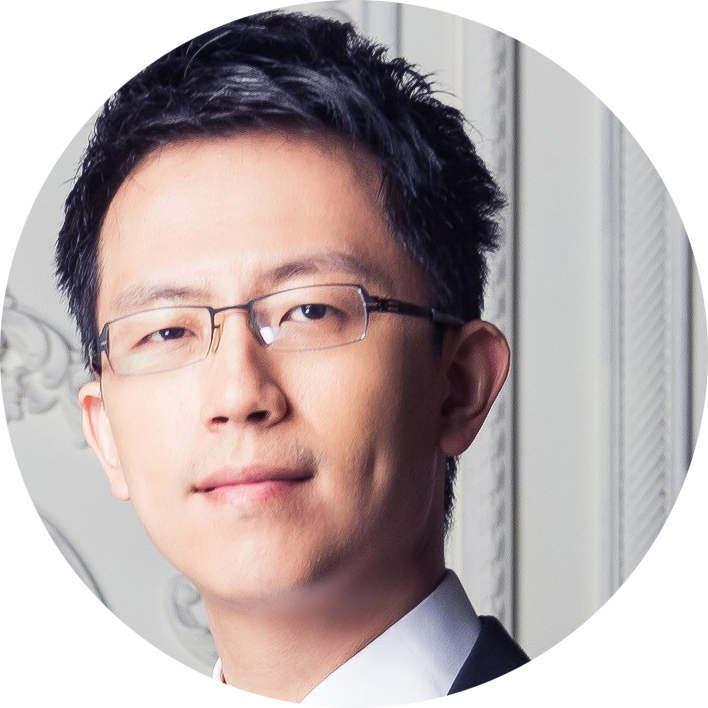 | Chun-Hao Kuo is a prosecutor in New Taipei District Prosecutors Office of the Ministry of Justice in Taiwan. He will research the United Nations Convention against Transnational Organized Crime, the Racketeer Influenced and Corrupt Organizations Act (RICO), and how international law and Taiwan’s domestic law interact, especially in the field of cybercrime. |
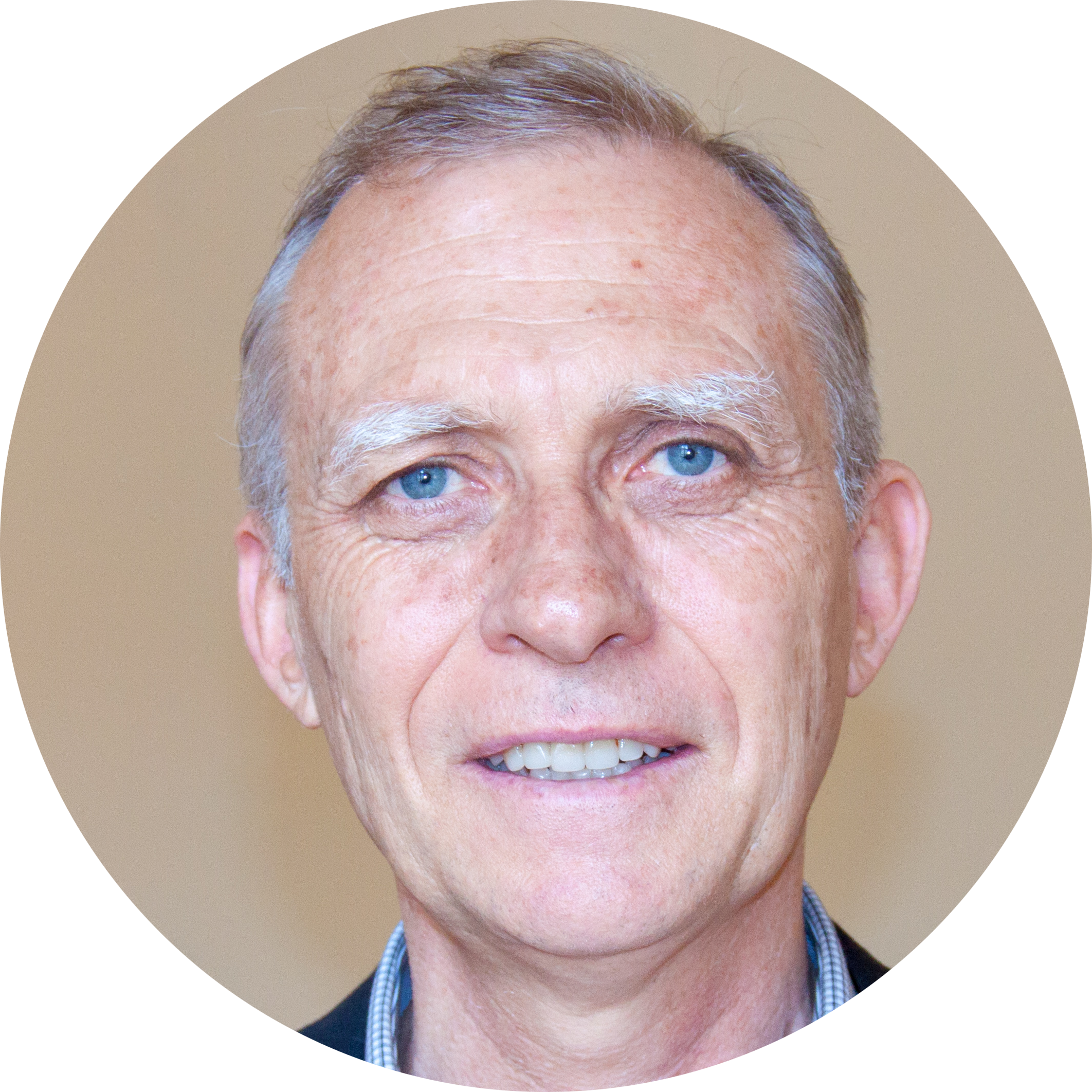 | David F. Lindsay, an associate professor at Monash Law School, Australia, will focus his research on building better understanding of public rights in copyright law and on the legitimacy of copyright and privacy law regimes that restrict access to offshore content. website |
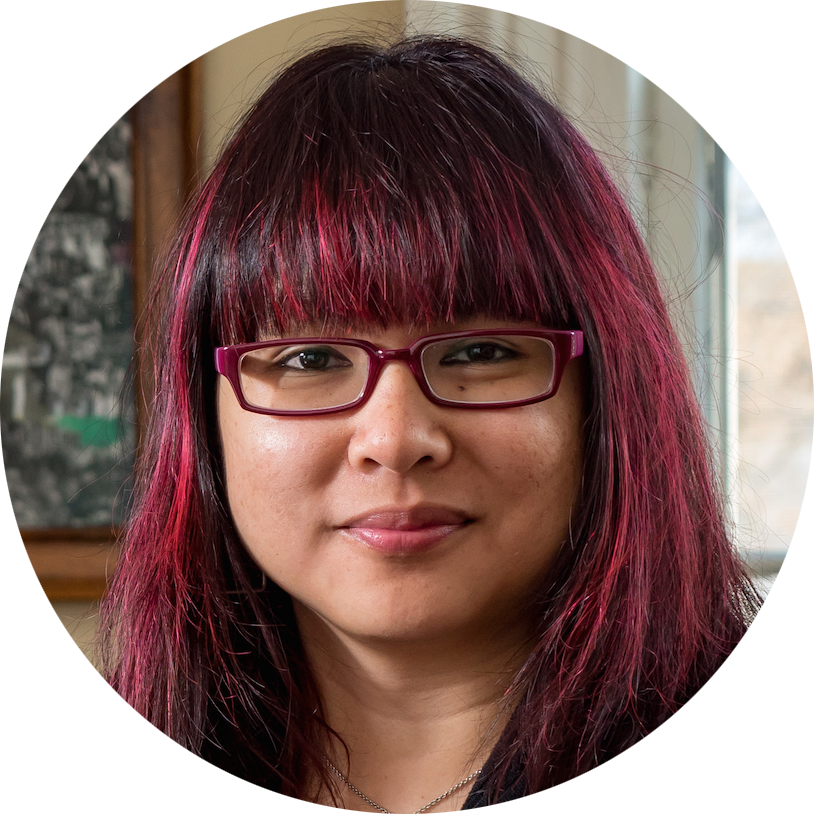 | An Xiao Mina is director of product at Meedan and an independent researcher and writer. She will study the impact of language barriers in our technology stack as the internet extends into diverse communities around the world, and will continue her work on a book about internet memes and global social movements. website twitter |
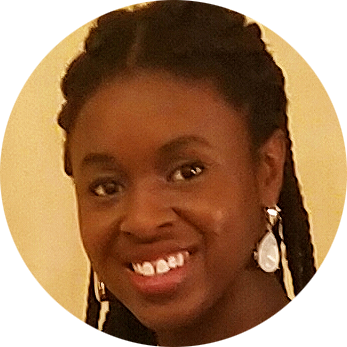 | Crystal Nwaneri, a J.D. Candidate at Harvard Law School, will study how applying existing laws online impacts access to content, and gender and minority dynamics, as individuals interact in online environments. twitter |
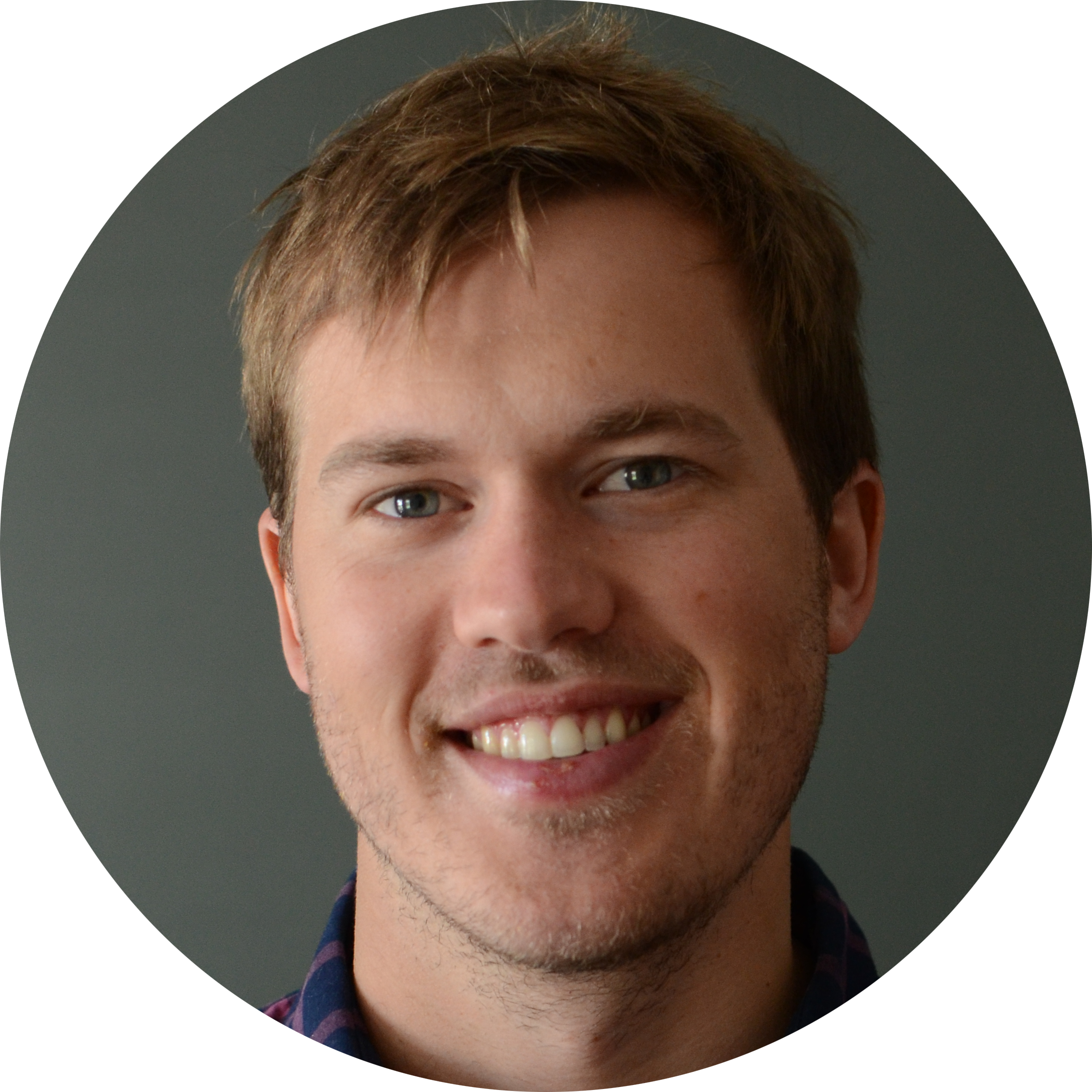 | Grif Peterson, the learning lead for Peer 2 Peer University, will continue his work developing Learning Circles: in-person study groups for people who want to take online courses together, in-person, at libraries and other community centers. website twitter |
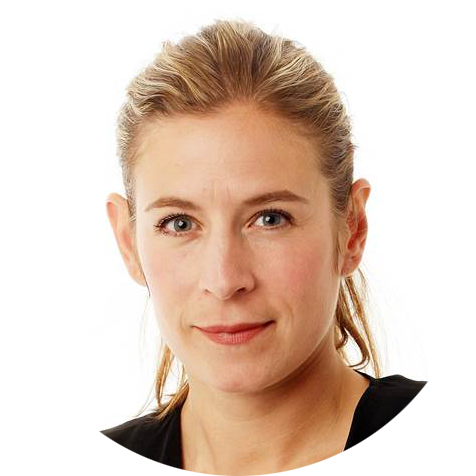 | Karin Pettersson, the political editor-in-chief at Aftonbladet, Scandinavia’s biggest daily newspaper, will study how extreme right-wing and racist movements use digital platforms to reach audiences and how this affects the work of traditional media. Karin is the 2016-2017 Nieman-Berkman Klein Fellow in Journalism Innovation. twitter |
 | Jonathan Sun, a comedian, architect, engineer, playwright, and doctoral student in the Department of Urban Studies at MIT, will study how online communities use humor and language to influence the spread of ideas, and how social media is changing the way we use the city. website twitter |
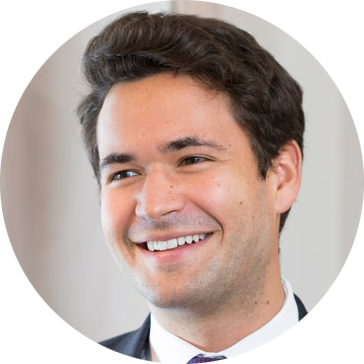 | Jamie Susskind is a British barrister and writer. He will research and write about the future of political ideas. website twitter |
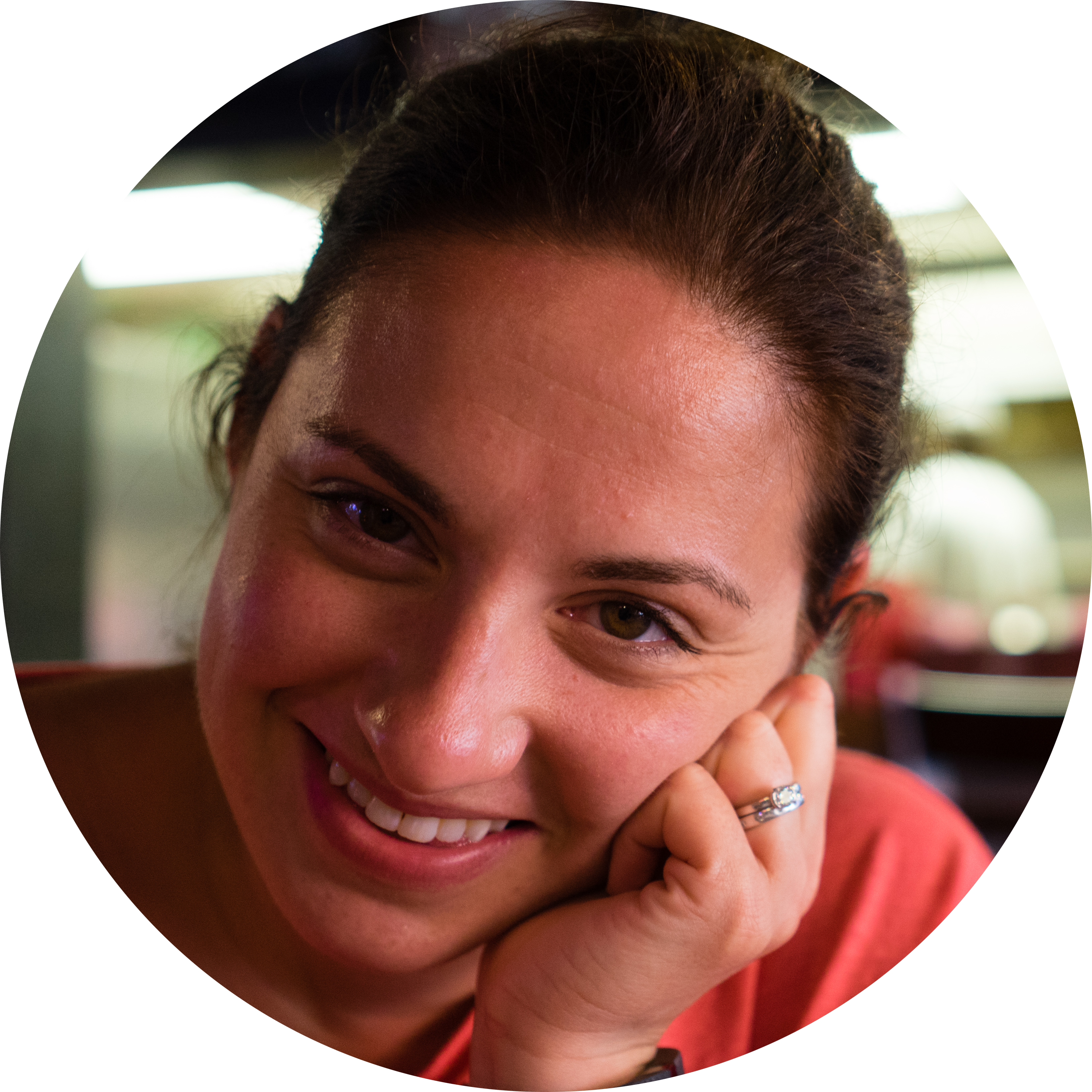 | Erica Tennyson is a Cambridge-based attorney representing technology startups. She will explore the interplay of ethics and the early stage investment process. |
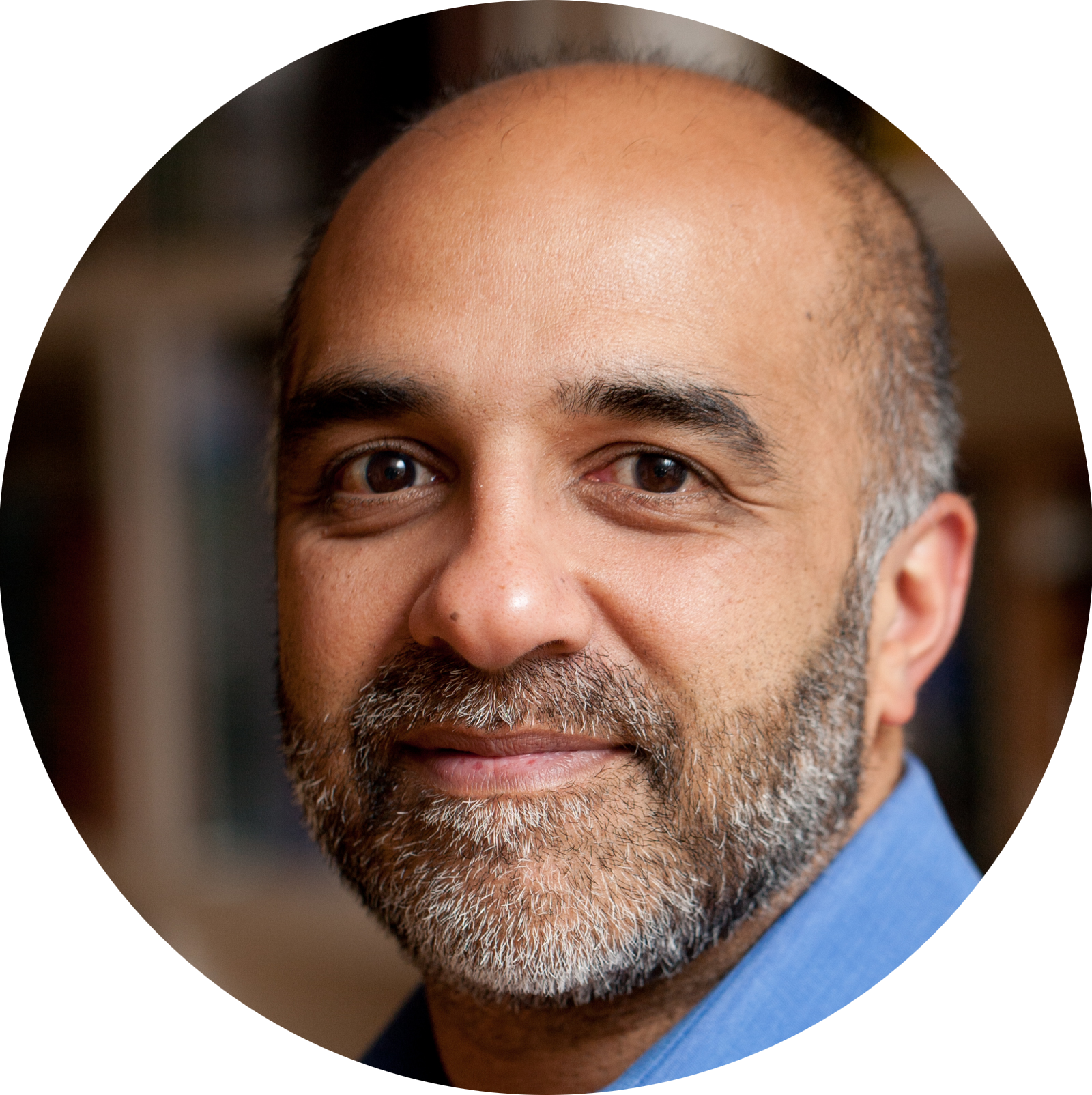 | Micky Tripathi is the CEO of the Massachusetts eHealth Collaborative, a non-profit organization specializing in solving policy, technical, business, and legal issues related to digitizing health care delivery. He will focus on developing models for nationwide interoperability of electronic medical record systems. website twitter |
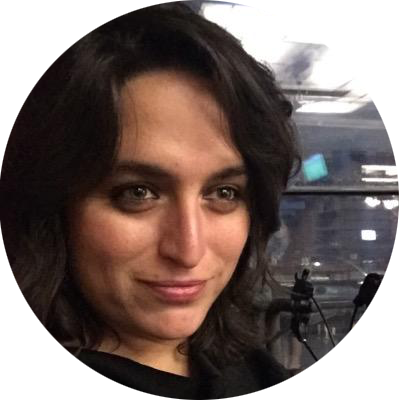 | Paola Villarreal is a self taught systems programmer/data scientist that works with the ACLU of Massachusetts on social justice projects that heavily rely on open technology and data. She will focus on The Data for Justice project which aims to strengthen access to justice and reduce inequality by developing data tools that inform the work of advocates, activists, community organizers, lawyers, and journalists and their communities. website twitter |
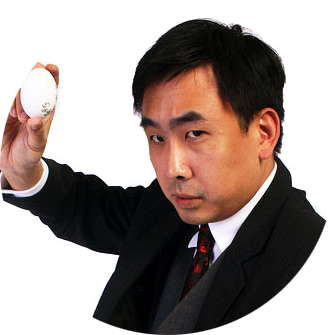 | Meng Weng Wong is a serial entrepreneur, angel investor, and computer scientist currently working on Legalese.com, a LegalTech startup building client-facing legal applications based on a formal language for computational law. Recently a visiting fellow at the University of Venice, Meng has lived in Philadelphia, Palo Alto, and Singapore. website twitter |
New faculty associates in 2016-2017 include:
Lionel Brossi, David Cox, Christian Fieseler, Tarleton Gillespie, Christoph Graber, Joshua Greene, Sharon Harper, David Malan, Thomas Margoni, James Mickens, Colin Rhinesmith, Benjamin Sachs, and Jessica Silbey
New affiliates in 2016-2017 include:
Gameli Adzaho, Scott Bradner, Ivo da Motta Azevedo Correa, Nighat Dad, Mariel Garcia Montes, Stephanie Hankey, Adi Kamdar, Michael Kende, Cheryl McGrath, Matt Olsen, Jessica Polka, Noopur Raval, Lauren Scholz, Ryan Shapiro, James Shulman, Gosia Stergios, Anke Sterzing, and Don Tapscott
The Berkman Klein Center remains proud of and grateful to the following returning community members who will retain affiliations in the coming year.
Returning as fellows:
Ellery Biddle, Ken Carson, Sandra Cortesi, Jack Cushman, Kate Darling, Mary Gray, Ben Green, Samer Hassan, Felipe Heusser, Rosemary Leith, Andres Lombana, Patrick Murck, Sarah Newman, John Palfrey, Leah Plunkett, Hal Roberts, Bruce Schneier, Ben Sobel, Dave Talbot, Zach Tumin, and Alexandra Wood
Returning as faculty associates:
Virgilio Almeida, Meryl Alper, Chinmayi Arun, Geanne Rosenberg Belton, Susan Benesch, Fernando Bermejo, Herbert Burkert, Sasha Costanza-Chock, Rebecca Richman Cohen, Tressie McMillan Cottom, Primavera De Filippi, Juan Carlos de Martin, Jens Drolshammer, Niva Elkin-Koren, Mayo Fuster Morell, Eric Gordon, Shane Greenstein, Eldar Haber, Benjamin Mako Hill, Joichi Ito, Malavika Jayaram, Dariusz Jemielniak, Rey Junco, Leyla Keser, Dorothea Kleine, Beth Kolko, Harry Lewis, Catharina Maracke, Claire McCarthy, Nagla Rizk, Ricarose Roque, Cynthia Rudin, Brittany Seymour, Aaron Shaw, Clay Shirky, Alexander Trechsel, Lokman Tsui, Zeynep Tufekci, Effy Vayena, Josephine Wolff, and Dorothy Zinberg
Returning as affiliates:
Olivier Alais, Kendra Albert, Gerrit Beger, Doreen Bogdan, Griffin Boyce, Catherine Bracy, Amy Brand, Maria Paz Canales Loebel, Tim Davies, Shannon Dosemagen, Andy Ellis, Bruce Etling, Camille Francois, Nathan Freitas, Nicola Greco, Jason Griffey, Paulina Haduong, Jerome Hergueux, Amy Johnson, John Kelly, Danil Kerimi, SJ Klein, Kate Krontiris, Damon Krukowski, Amanda Lenhart, Greg Leppert, William Li, Mary Madden, J. Nathan Matias, Gabriel Mugar, Helmi Noman, Paulo Rogerio Nunes, Amanda Palmer, Matthew Pearl, Dalia Topelson Ritvo, Mayte Schomburg, Andy Sellars, Ivan Sigal, John Stubbs, Shailin Thomas, Emy Tseng, Tyler Vigen, Kevin Wallen, Waide Warner, Sara Marie Watson, Rebecca Weiss, Yana Welinder, and Sarah West
Returning as the Fellows Advisory Board:
Judith Donath, Eszter Hargittai, Colin Maclay, Wendy Seltzer, Jake Shapiro, David Weinberger, and Ethan Zuckerman
About the Berkman Klein Center for Internet & Society:
The Berkman Klein Center for Internet & Society at Harvard University is dedicated to exploring, understanding, and shaping the development of the digitally-networked environment. A diverse, interdisciplinary community of scholars, practitioners, technologists, policy experts, and advocates, we seek to tackle the most important challenges of the digital age while keeping a focus on tangible real-world impact in the public interest. Our faculty, fellows, staff and affiliates conduct research, build tools and platforms, educate others, form bridges and facilitate dialogue across and among diverse communities. More information at cyber.harvard.edu.